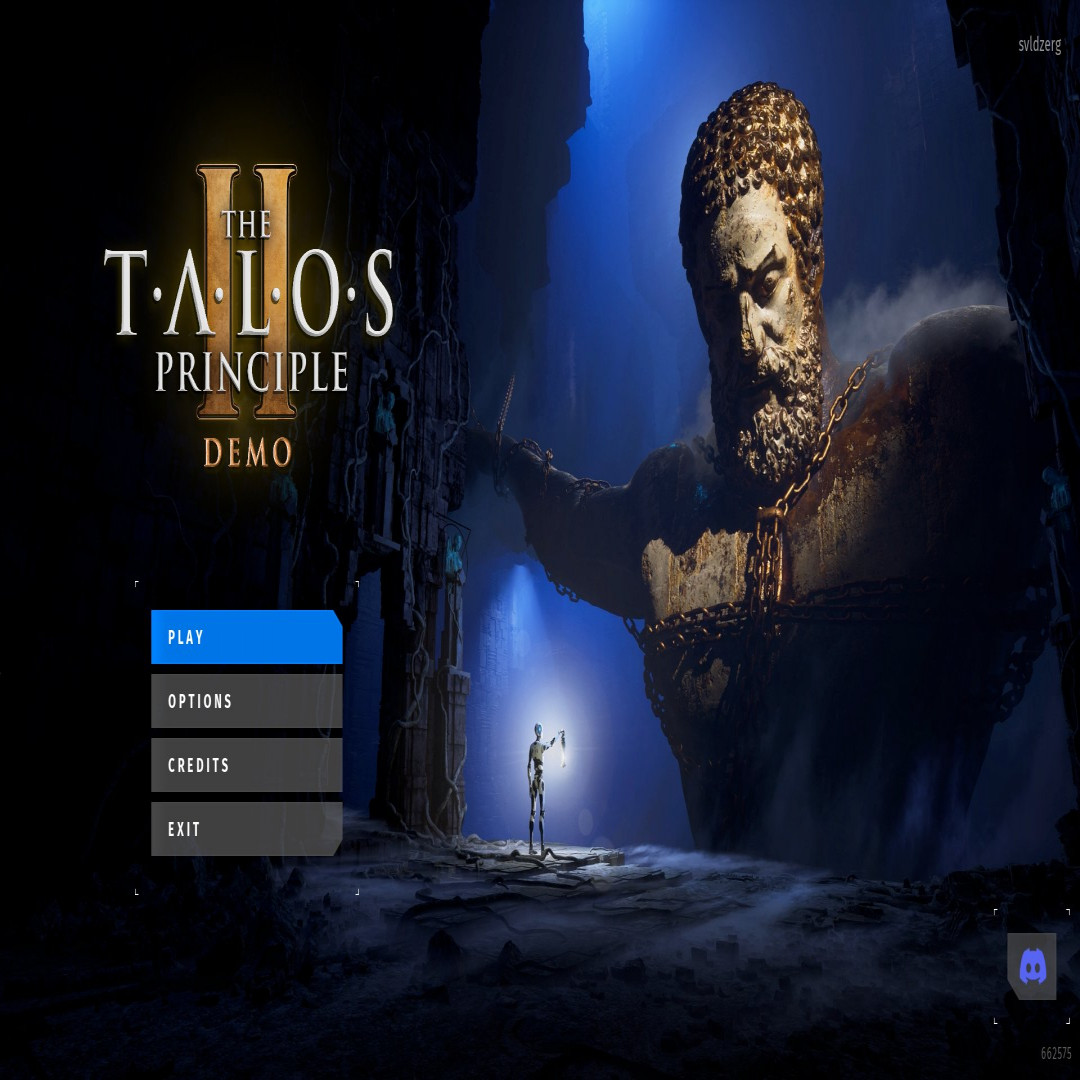That's a completely inappropriate response. If the data's no good, explain why and present data that is good. Everyone is going to present data that supports their view - no-one's going around looking for data that disproves themselves. If you're lucky, you'll get someone who's more interested in the truth than an outcome and they'll present data just to add to the knowledge pool. In a public forum, these data come together from opposing viewpoints to present an overview that points to the truth. If someone's position is right, the more data we get, the more they are proven right, so no-one should be against More Data unless they fear they are wrong and they have trouble dealing with not being right 100% of the time.







